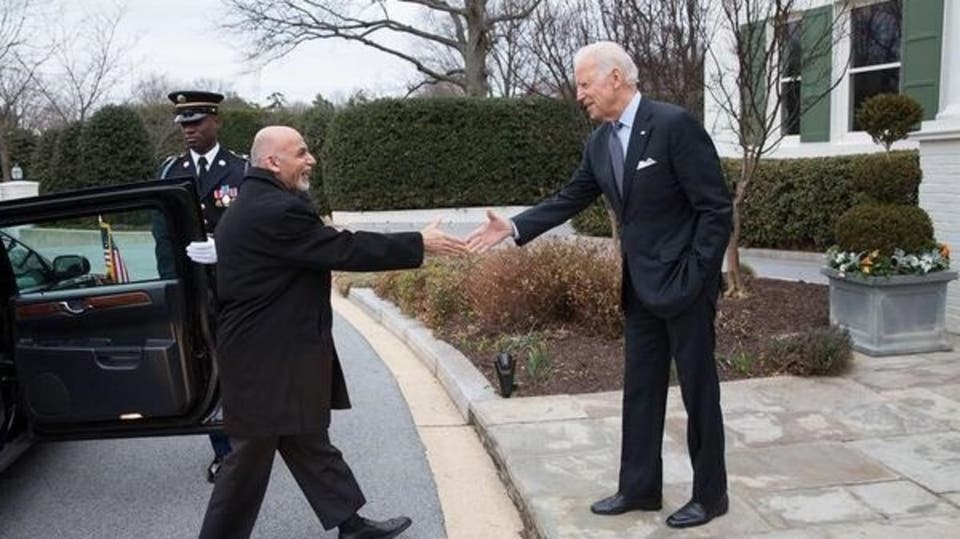In response to this question, Pir Mohammad Mollazehi, an expert on the Subcontinent affairs, told the website of the Strategic Council on Foreign Relations that the US general policy with regard to Afghanistan is not determined only by the president of that country. Rather, the collective governing body determines the general policies at the global level, including Afghanistan. Therefore, it cannot be expected that a fundamental change be made in Biden’s policies towards Afghanistan compared to Trump’s policies.
He continued by saying: Of course, since human rights issues are of more importance to the Democrats, perhaps changes would be made at a more limited scale such as putting the Taliban in a more difficult position and showing more support for the central government in Kabul.
According to the expert, the reality is that the current situation is not as such that if Biden starts his work at the White House, he could make a serious and rapid change in the US policies.
Referring to the fact that the Americans have reached the conclusion that there is no military solution to the Afghan issue and that they have spent money in that country in vain, Mollazehi said: In Afghanistan, the Taliban have power and the United States should give a share to this group in the power so that they might be able to solve the problem in a controlled way.
Meanwhile, the Taliban have shown a reaction to Biden’s victory in the US elections. The group said in a statement that the elections and the change of US officials are the internal affairs of that country and the Taliban are committed to the peace agreement it had signed with the United States.
According to the expert on the Subcontinent affairs, the Taliban’s concern is that the agreement they signed with the US might be modified by Biden because it is too much unilaterally in their favour and the Kabul government is opposing it.
Regarding the Taliban’s commitment to the peace agreement reached under the Trump administration, Mollazehi said: The Taliban should not be taken too seriously in this regard; rather it is the ISI of Pakistan that has taken control of the affairs. The general policy of the ISI of Pakistan in Afghanistan is that Afghans should accept at least four cases so that Pakistan would force the Taliban to compromise;
- Accept the Durand Line
- Open a free transit line without customs and formalities for Pakistan to Central Asia; because this issue is highly important for Pakistan due to its rivalry with India and knows that India is trying to take Central Asia out of the hands of the Pakistanis through Chabahar.
- There should be a puppet government in Kabul that would at least be in line with Islamabad.
- Afghanistan reduces India’s influence in that country.
Mollazehi continued: Therefore, until Pakistan fails to achieve its targets the Taliban game would not be over and the Americans have realized this point. But because Pakistan is getting closer to China and Russia, Trump’s hands were not much open to impose serious pressure on Islamabad to change its policy.
He also referred to other variables related to the issue of Afghanistan and said: For example, the role of Saudi Arabia and its relationship with the Taliban should not be overlooked. If we consider all these conditions collectively, it can be said that the US had come to the conclusion that it should not pay more for Afghanistan, but this does not mean that the US will evacuate Afghanistan completely. Even Trump would not do that.
Emphasizing that the US deal with the Taliban also has an undisclosed part which has not been revealed yet, Mollazehi explained: In that part, the Taliban with strong possibility have accepted that the US troops would remain at a limited level in the two main bases in Afghanistan. However, although no reliable information has been released yet, in general, it can be concluded that the US will not evacuate Afghanistan because, for Washington, only the issue of Afghanistan itself is not important, but for the US other issues such as Central Asia, Iran, the Uighurs and China are more important. In fact, the US presence in Afghanistan is aimed at controlling China.
He concluded that Biden would pursue the same policy towards the Taliban and that more possibly they might only put more pressure on Pakistan.










0 Comments